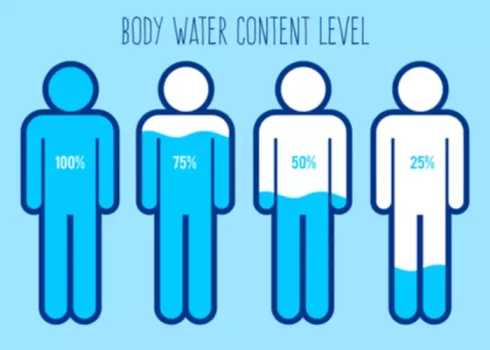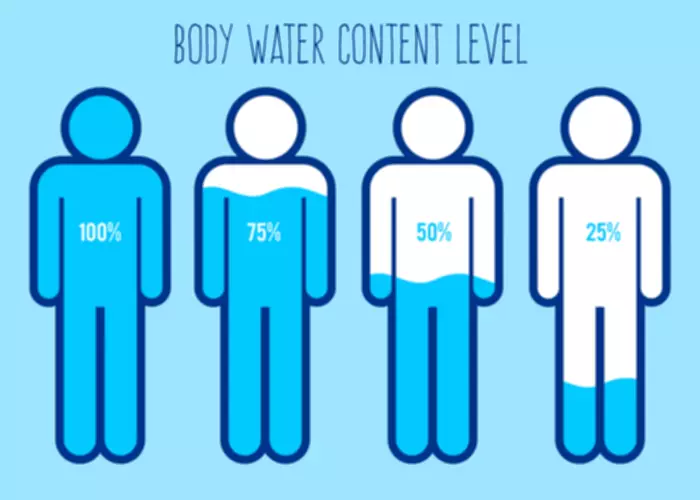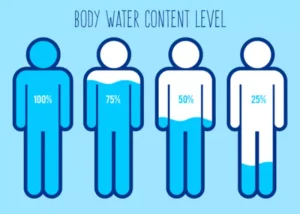
More often than not, people aren’t “out to get us” — but even if they’re supportive, they might still say triggering things. One way or another, you’ve cleared the booze out of your system. However, your home might still need a “detox.” Here are some sober living tips for getting alcohol (and anything alcohol-related) out of your environment. Specialized care and treatment can help you get your health and well-being in order. Many 12-step programs have mastered tips to stay sober celebrating sobriety.
Find Balance in Your Life

When your body craves stillness but your mind keeps racing, alcohol can seem like the quick fix. But then you remember—you’ve chosen to step away from it. Life is better without alcohol, no doubt, but there’s still this lingering void. When it’s time to unwind, it feels like something’s missing.
Your Addiction Doesn’t Have To Define Who You Are.

In the journey towards maintaining sobriety, prioritizing self-care plays a pivotal role in enhancing physical well-being and strengthening mental health. This section focuses on the importance of self-care practices for individuals in recovery. In the context of addiction recovery, routine serves as a tool for reprogramming the body and mind to embrace new, positive habits. These strategies, when integrated into a comprehensive recovery plan, can serve as pillars of strength and stability on the journey towards a healthier and fulfilling life.

Is Life Better Without Alcohol?
If you want to know how to stay sober there is no better person to ask than someone who has done it before. Beginning with something simple like an easy exercise routine can be a great way to get started. This can include something like walking for twenty minutes a day or going to the gym with a friend three times a week. Getting sober may have been difficult, but staying sober can be just as much of a challenge. Relapses do happen so it is important to stay diligent and continue to aim toward your goal of sobriety every day. These are some of the ways you can help to make your recovery easier.
Support groups are foundational for maintaining sobriety from drugs or alcohol, both short term and long term sobriety. While it might be comfortable to continue old habits and stay around people you used to drink with, this is not conducive to sober living. When you stop drinking, it is time to make new friends.
- All of the medications my doctor tried were selective serotonin reuptake inhibitors (SSRIs).
- By definition, sobriety means not being under the influence of a substance.
- Within just a month of not drinking, your body can begin to reap the benefits.
- ” Reminders are popping up everywhere, and you’re worried that sooner or later you might end up taking that poster’s advice.
- If left unchecked, anger can have a negative impact on your health and your lasting sobriety.

As anyone can tell you, you can’t expect a 30-day program to keep you sober for a lifetime. If you feel yourself struggling consistently each day, then check yourself back into a treatment center. When something is wrong with you and you don’t understand it, it’s infinitely more scary. One of the benefits of being diagnosed with Alcohol Use Disorder is you know what the problem is, so look it up and research it.
Preventing Boredom and Triggers
Addiction treatment can help you determine what course is right for you. These tips will come from experts, other recovering addicts, friends & family, and many others. Think about the people in your life who positively influence you and your sobriety goals. Make a list of loved ones and others who stood by your side when you struggled. Connect with them by phone, in person, or on social media. Sometimes a reassuring word from someone you trust https://ecosoberhouse.com/ and respect is all it takes to keep you on track.

Have some sober friends you can invite as your plus-one to a social event like a party or wedding. And stay in touch with your sponsor and call them if you’re feeling anxious or uncomfortable. Lean on close friends and family for support, even if your relationships aren’t what they used to be. Think about going to counseling or family therapy to help with that and to deal with other personal issues. People in recovery from a substance use disorder frequently have problems meeting work-related responsibilities, maintaining employment, and managing money. If you were active in your addiction for a period of time, you may have developed financial problems.
You might run into obstacles along the way that tempt you to drink. Keep in mind the reasons you chose to cut back on or quit alcohol. Satisfying hobbies can distract you from wanting to drink, but they also help you relax — something everyone needs to do.
Leaving harmful past relationships and forming healthy, supportive relationships always pays dividends. As mentioned elsewhere in this article, maintaining relationships is integral to sobriety. If you have a tendency to isolate, make sure that you set aside time each day to connect. In short, treatment facilities will teach you how to live a sober lifestyle and assist you in looking at past mistakes. Use this insight to strengthen your recovery plan and avoid similar pitfalls in the future.